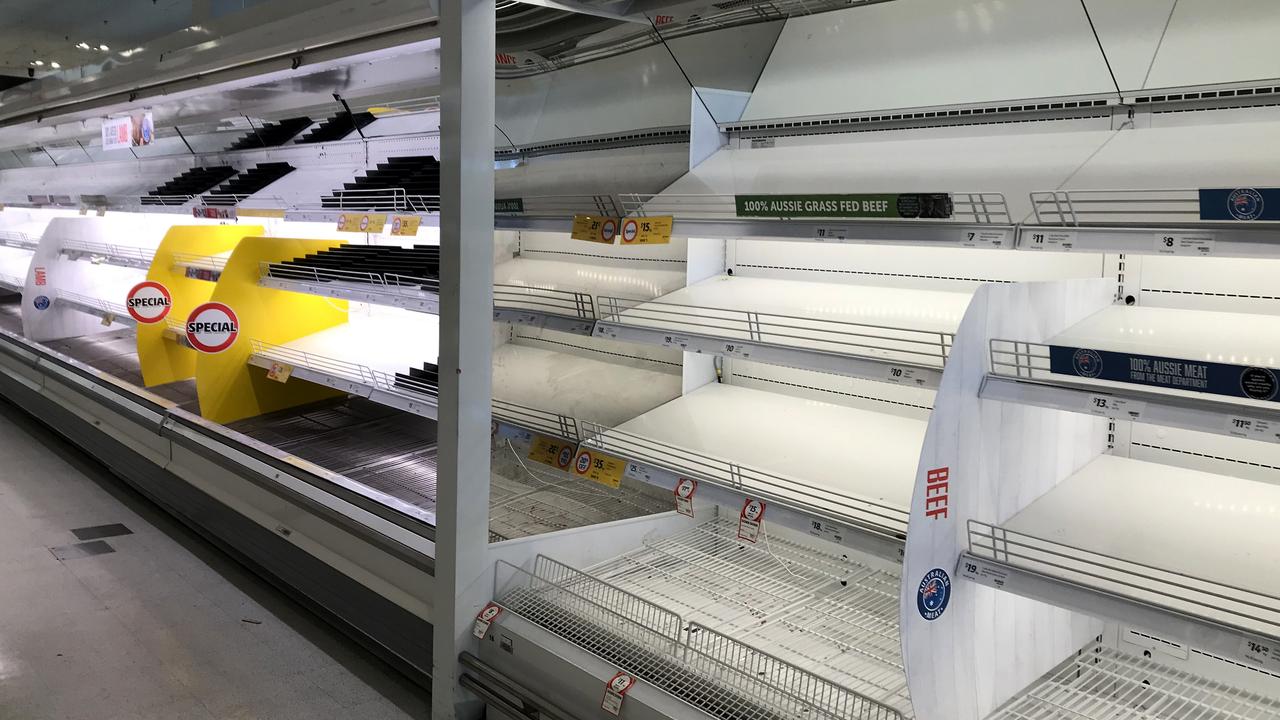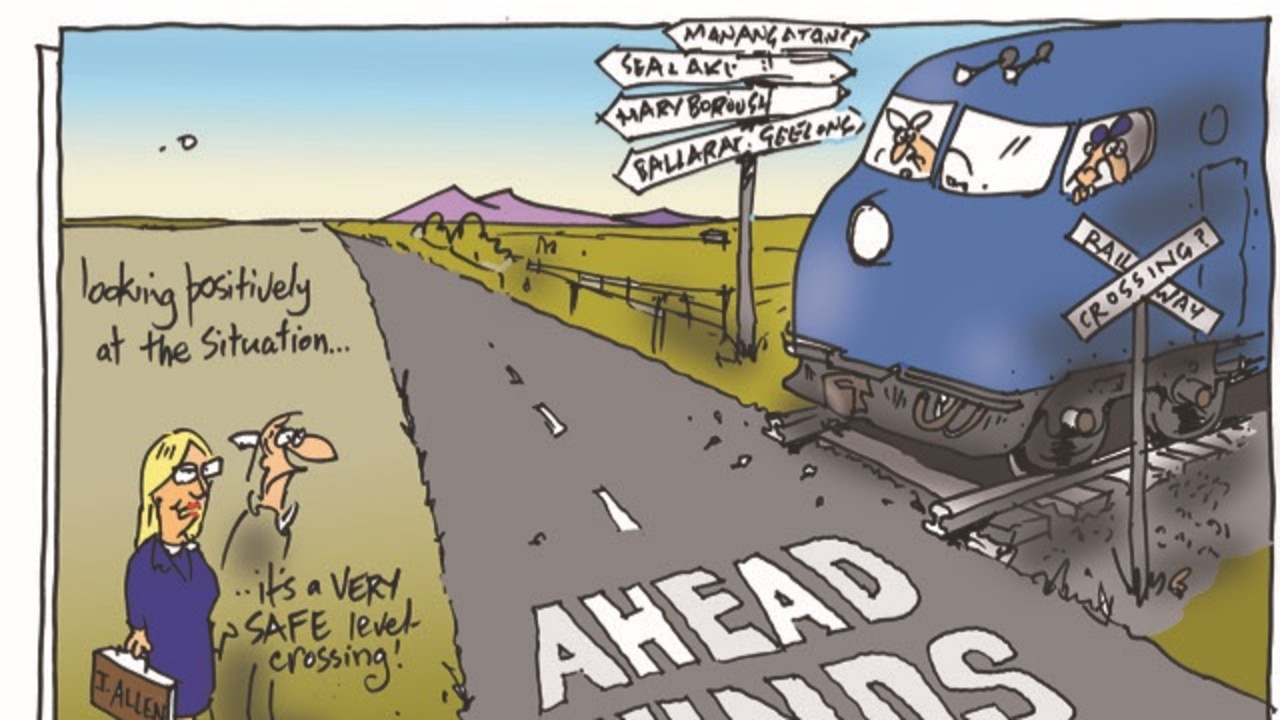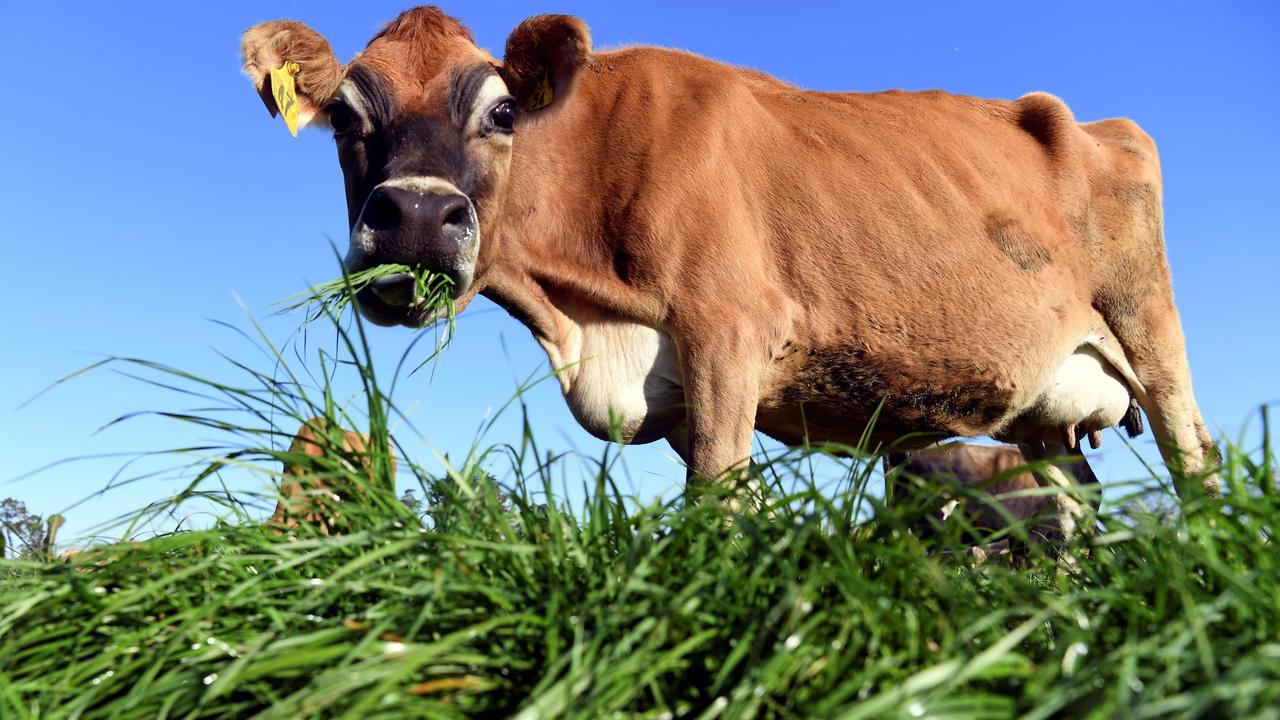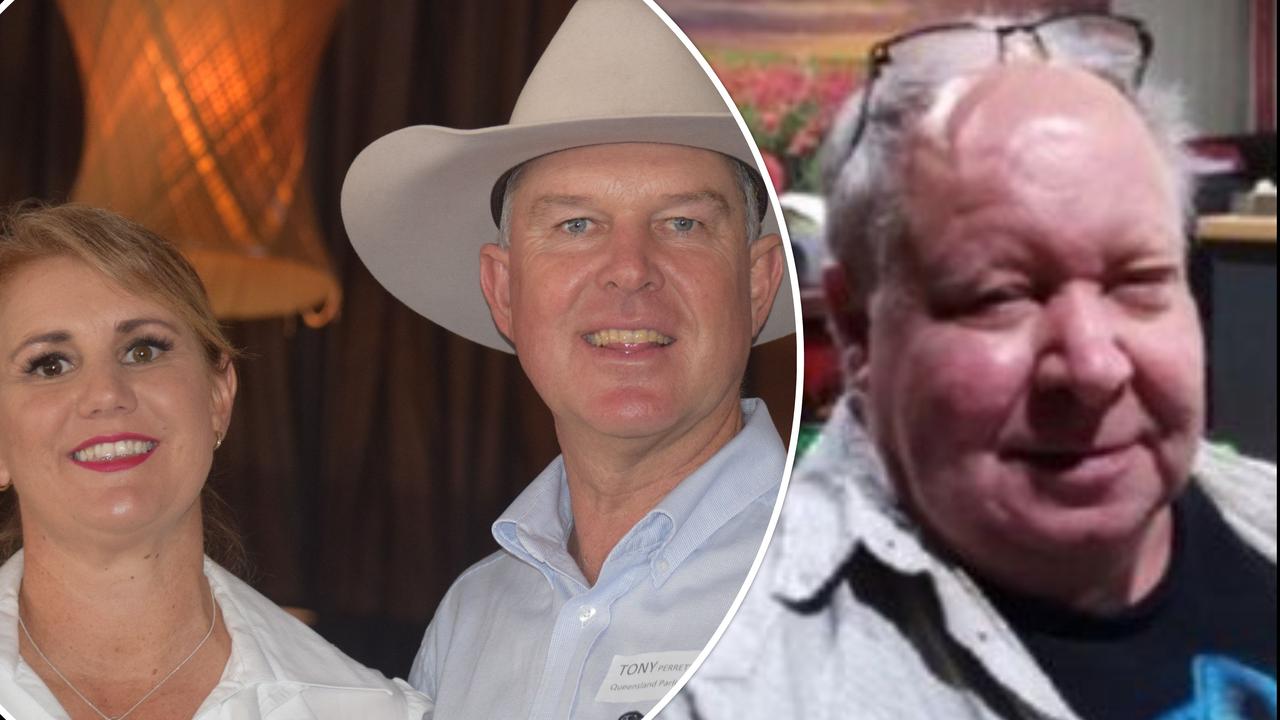Pleas to clear hurdles for food production amid coronavirus confusion
Cattle buyers and vets are among those wondering how they’ll cross state borders, as farmers and food processors demand recognition as essential services. Here are more reasons why.

FARMERS and food processors are demanding state health and agriculture ministers deem them essential services, granting priority access to COVID-19 testing, utilities, freight and government support.
To date NSW, Victorian and South Australian ministers have ignored the call, moving instead to implement a chaotic mix of messages that have left rural and regional communities confused and angry.
South Australia and Queensland governments have followed Tasmania in restricting border movements, without considering the impact on the myriad of businesses that live and work across state boundaries.
“It’s a total stuff up,” Mount Gambier machinery dealer Lauri Beaton said.
“I’m a Kubota dealer and my prime area extends almost to the Grampians. I’m supposed to send a mechanic to Casterton and if he’s not back by 4pm (yesterday) he has to go into quarantine.”
While SA Police are set to waive milk tankers and logging trucks through border check points, AI technicians, cattle buyers, veterinarians and a raft of allied service industries are wondering how they will get through.
SA Agriculture Minister Tim Whetstone’s spokesman said food and commercial supply chain industries could freely cross border checkpoints, however others would have to apply to SA Police for an exemption.
Meanwhile meat and dairy processors are growing frustrated by state government delays in deeming the food supply chain an essential service, under legislation.
“We’ve written to health ministers across the country saying it’s (test kits) one of the things they need to put in place (and) we need to make sure the meat supply chain is deemed an essential service,” Australian Meat Industry Council chief executive Patrick Hutchinson said.
He said the key issue was to ensure that if a coronavirus case was picked up in a meat processing plant, then workers could be quickly tested, the site cleaned up and be back in operation as soon as possible.
The dairy industry backed AMIC’s call, with the Australian Dairy Products Federation, Australian Dairy Farmers and Dairy Australia issuing a statement “calling on State and Federal Governments, as well as local councils to acknowledge the collection and processing of dairy products is an essential service offered to communities across the country”.
“This means guaranteeing continuity for all milk collection operations across Australia and ensuring supply chains are kept open to manage product flows, in turn enabling the dairy industry to keep retail stores stocked and households and food-service facilities.”
The processors’ call has been backed by the National Farmers’ Federation and Federal Agriculture Minister David Littleproud.
Mr Littleproud said agriculture was an essential service as far as the Commonwealth was concerned — and urged his state counterparts to do the same.
“Sadly the states have not provided detail around (agriculture),” he told The Weekly Times.
Asked what action the Federal Government would take if a regional coronavirus outbreak disrupted the food supply chain, Mr Littleproud said the National Security Council had been working through such scenarios, talking to the red meat and other sectors to come up with long-term plans.
NFF president Fiona Simson said confirmation agriculture was an essential service would guarantee food production and supply was not inadvertently affected by any of the measures aimed at curbing the virus’s spread.
All states have essential services legislation, which in an emergency allows the relevant minister to prohibit strike action and “requisition the use of property of any kind which is used … in connection with the operation or maintenance of any essential service” – such as priority access to coronavirus testing.
But to date the Victorian Government has dismissed the issue, with a spokesman responding to questions on declaring agriculture an essential service stating: “Victoria is dealing with an unprecedented situation which requires careful management”.
“We are considering all necessary measures to deal with the COVID-19 health pandemic,” the spokesman said.
NSW Agriculture Minister Adam Marshall and his SA counterpart Tim Whetstone have not responded to industry calls for an essential services declaration for agriculture.
MORE CORONAVIRUS COVERAGE
FOOD PRODUCERS WORRYING ABOUT WASTAGE
EDITORIAL: WHAT’S MORE ESSENTIAL THAN FOOD?
FLOWERS BEING BINNED AS CORONAVIRUS BITES
But that hasn’t stopped ag players, from saleyards operators to meat and dairy processors, cranking up strategies to minimise the spread of coronavirus.
The general public has already been banned from most saleyards, with access strictly limited to active buyers, stock agents and truck drivers.
Fonterra, Saputo and other dairy processors issued a statement through the ADPF stating they had policies in place to protect farm workers and processing staff and ensure safe milk supply.
Those policies include a revised Milk Collection Guideline that calls on farmers to “stay isolated from the tanker operator – consider being absent from the milking shed/dairy when the tanker arrives”.
Tanker drivers have also been told to use new disposable gloves at each farm and to wipe down all door handles, vat, manual valves, milk vat and CIP control panels at the farm as well as the tanker’s steering wheel, controls, Esky handles, all touch points.



